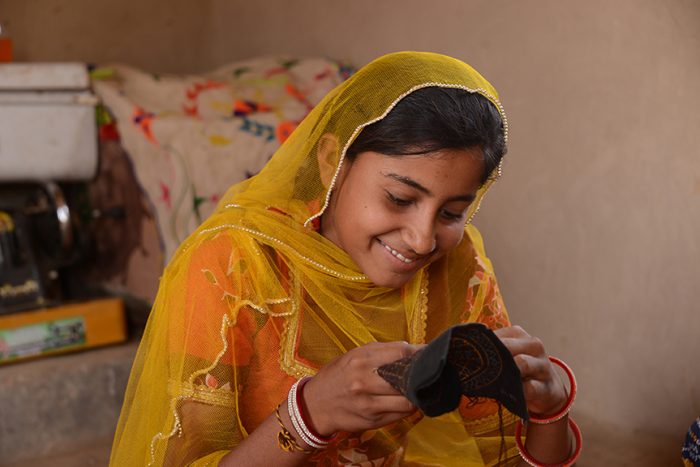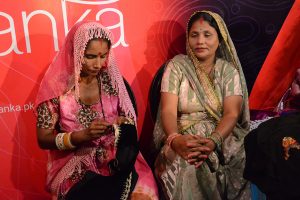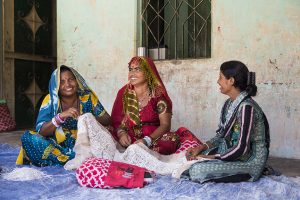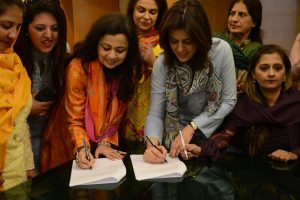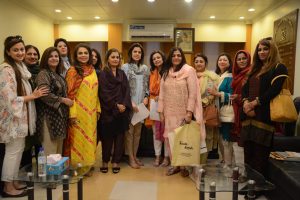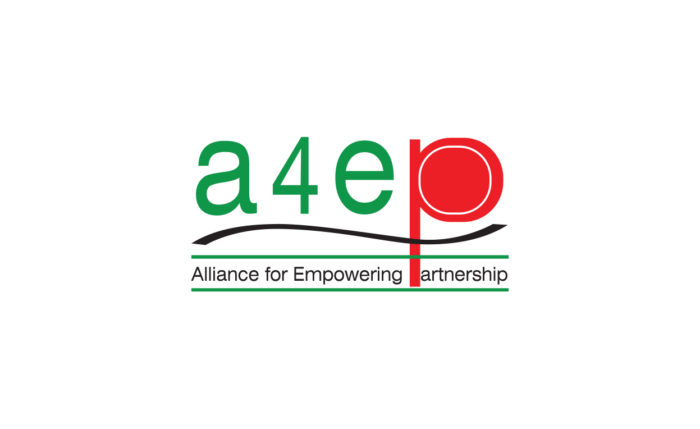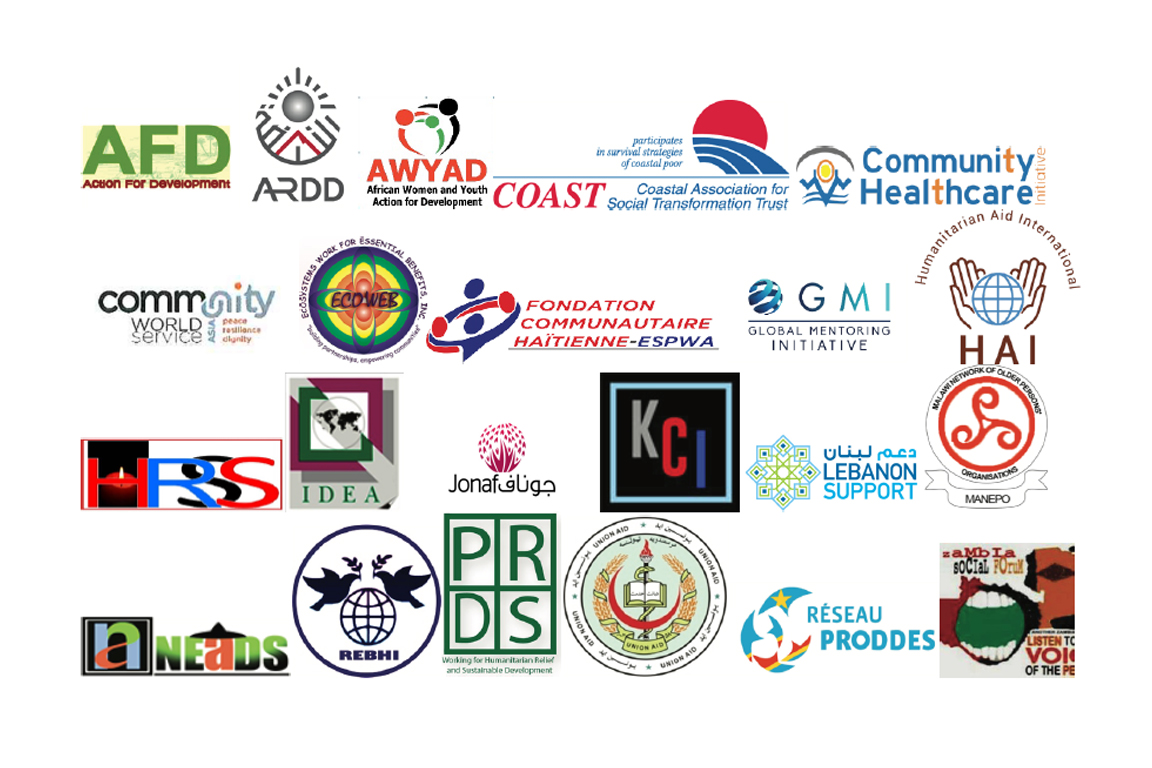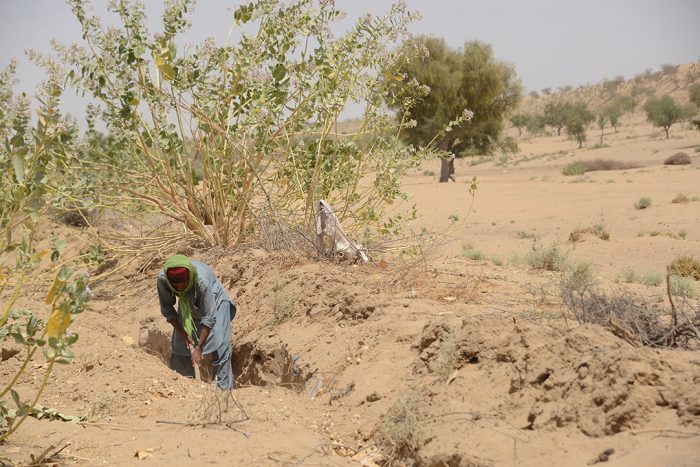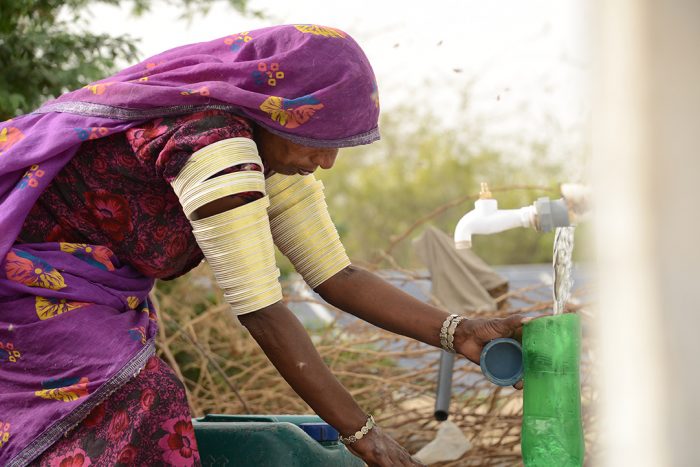When: 24-26 August 2021
Where: Murree Punjab
Language: Urdu
Interested Applicants: Click here to register
Last Date to Apply: 5th August 2021
Rationale:
Since the 1950s the development agenda has been characterized by projects and programmes aimed at improving the quality of life of beneficiary communities, be it in physical or qualitative terms. Despite significant inputs of human and financial resources, many fell short of expectations. Projects failed to meet the priority needs of communities; stated outputs were not achieved or, if achieved, not sustained; target groups did not benefit in the manner intended; project costs escalated and implementation dates slipped, and adverse outcomes were not anticipated.
These failures were attributed in part to poor project management, such as inadequate opportunities for potential beneficiaries to participate in project identification, weak financial management, inadequate monitoring during implementation, poor linkages between project activities and project purpose, and insufficient attention to the external environment during project design. It was also recognised that projects were more likely to succeed when account was taken of the socio-economic context in which they operated.
The rationale for imparting training of NGOs in project cycle management is the wish to achieve sustainable development. Projects should identify and understand the different roles and entitlements between various beneficiaries in focused communities, and the special challenges faced by disadvantaged groups. During recent decades, many tools have been developed to strengthen the management of projects, such as project cycle management, the logical framework and rapid appraisal techniques. Similarly, technological revolution has also contributed significantly to plan, design, implement and keep track of the activities by all team members while geographically spread and/or different locations.
Participants of the training will go through all critical phases of project cycle management both theoretically and practically and there will be ample room through group exercises to benefit from the rich knowledge of participants that they will be bringing from their respective fields and focus areas.
The training will specifically focus on:
- Comprehend concepts and terminologies of Project, Project Management
- Recognize various phases of Project Cycle Management and its importance
- Understand and sharpen their skills to use various analytical tools for Project Identification
- Use Project structure, Logical Framework Analysis, External Environment, OVI and sustainability and work plans based on activity analysis during projects’ design phase and preparation phase
- Learn to undertake use of technology for documentation, communication, quality assessments at each phase of PCM
Number of Participants
- A maximum of 20 participants will be selected for the training. Women applications, differently abled persons and staff belonging to ethnic/religious minorities are encouraged to apply. Preference will be given to participants representing organizations working in remote and under-served areas.
Selection Criteria
- Primary responsibility for program/project management.
- Mid or senior level manager in a civil society organization, preferably field staff of large CSOs or CSOs with main office in small towns and cities
- Participants from women led organisations, different abled persons, religious/ethnic minorities will be given priority
- This 3-day training session is suitable for CSO and NGO workers of all levels particularly from locally-based organizations with a small staff size
- Willing to pay fee PKR 10,000 for the training. Exemptions may be applied to CSOs with limited funding and those belonging to marginalised groups. Discount of 10% on early registration by 1st August 2021 and 20% discount will be awarded to women participants
- Commitment to apply learning in their work, including dissemination of learning within their organisation Commitment to apply learning in their work, including dissemination of learning within their organisation
Community World Service Asia (CWSA) is a humanitarian and development organization, registered in Pakistan, head-quartered in Karachi and implementing initiatives throughout Asia. CWSA is member of the Core Humanitarian Standard (CHS) Alliance, a member of Sphere and their regional partner in Asia and also manages the ADRRN Quality & Accountability Hub in Asia.
Facilitator/Lead Trainer:
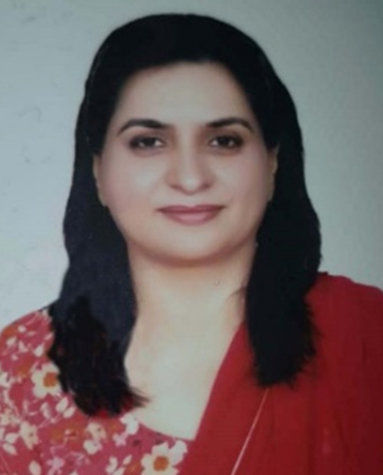 Ms. Sofia Noreen is an ambitious professional with over 28 years’ eventful career studded with brilliance predominantly in the area of research, program/ project designing and execution, monitoring, international development, and liaison & coordination. Her areas of focus include Gender and Women Empowerment, Climate Change/ Food Security within rural communities, and Governance issues both at policy and implementation levels.
Ms. Sofia Noreen is an ambitious professional with over 28 years’ eventful career studded with brilliance predominantly in the area of research, program/ project designing and execution, monitoring, international development, and liaison & coordination. Her areas of focus include Gender and Women Empowerment, Climate Change/ Food Security within rural communities, and Governance issues both at policy and implementation levels.
She is a dependable professional with a comprehensive understanding of Pakistani politics, the parliamentary setup, and electoral reform agenda and familiar with election management systems both for general and local bodies elections.
Ms. Sofia has delivered multi-day training programs on train-the-trainer, team building, and other related topics. She is an articulate communicator who is highly well versed in Log Frame Analysis, Risk Analysis, and management for Result Based Management, budgeting, staff recruitment, capacity development, NGO management, stakeholder engagement, evaluation of program and projects, report writing, and manuals. Throughout her career, she has been committed to following the principles set forth with the UDHR, ICCPR, CEDAW, and other international conventions and standards.
Scholarship Details: Special Scholarships are available for those organization that send two or more females to attend the training.
Additional Details: The final deadline for applications is August 5th, 2021. Please be assured that incomplete applications will not be entertained.





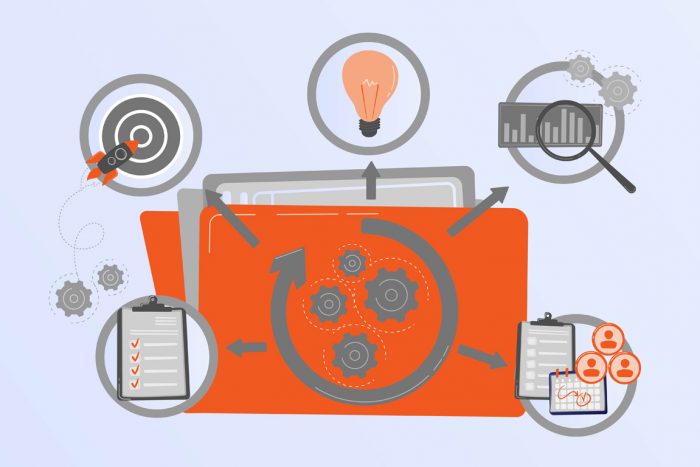
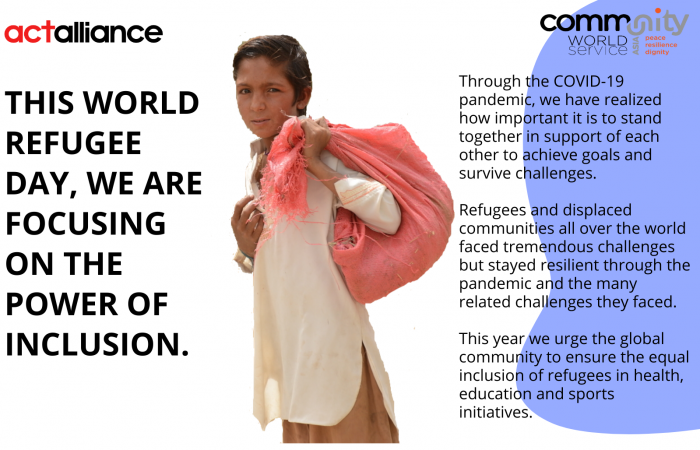
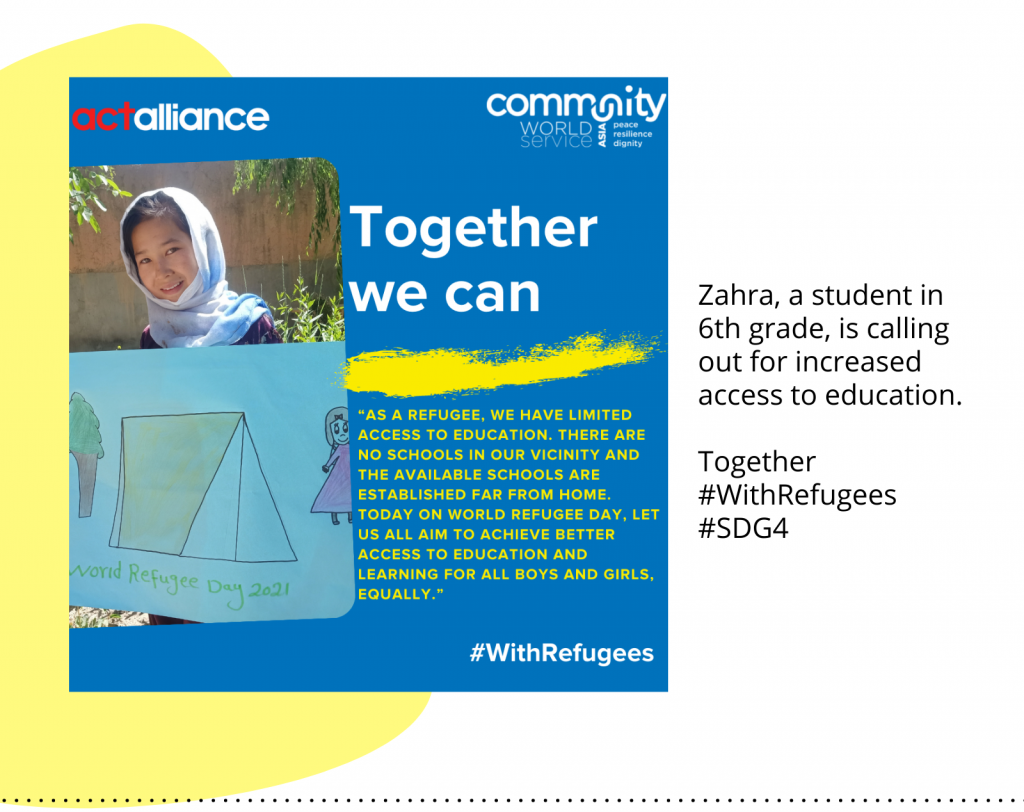
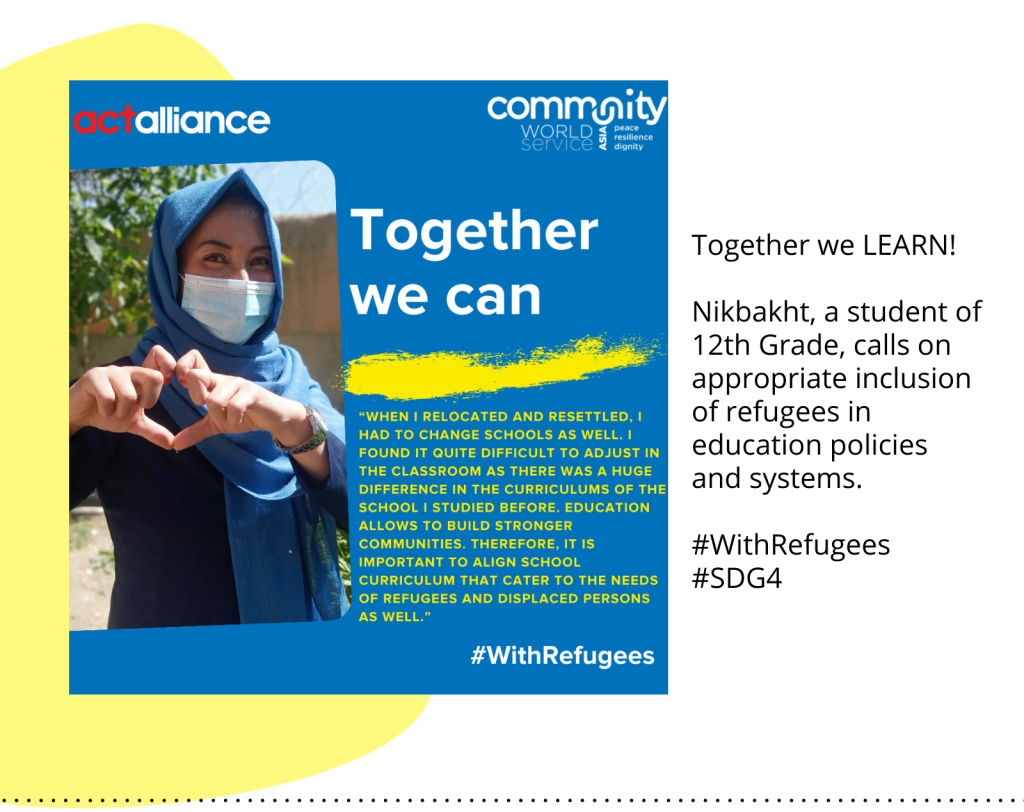
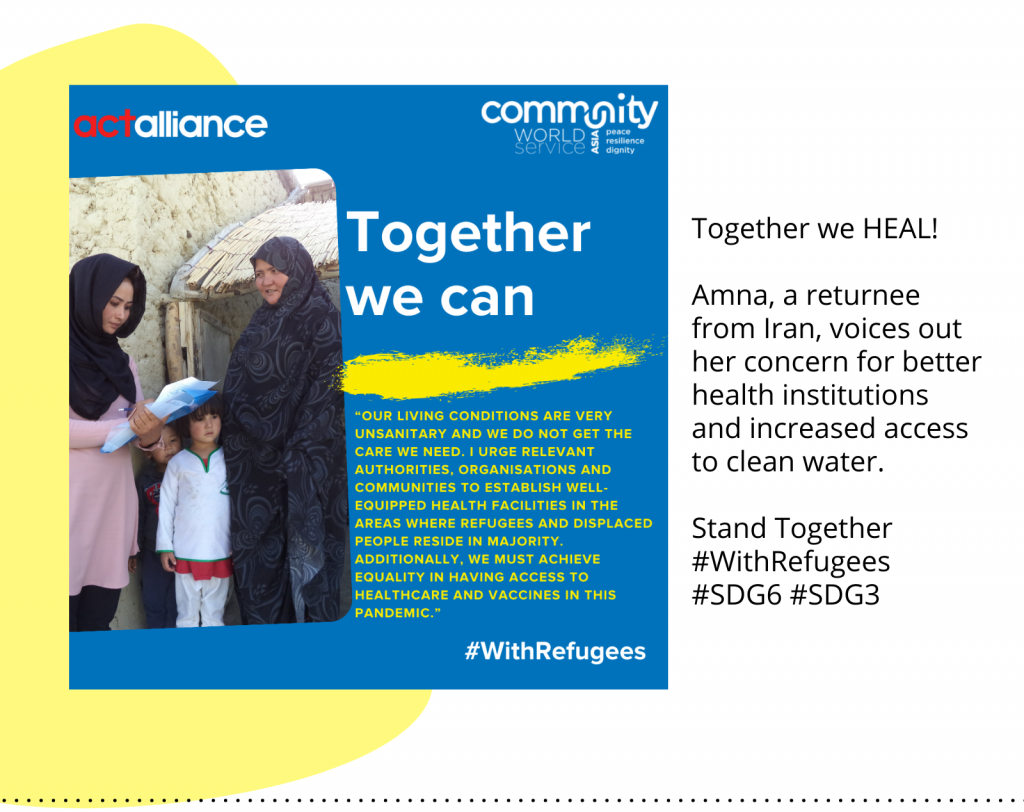
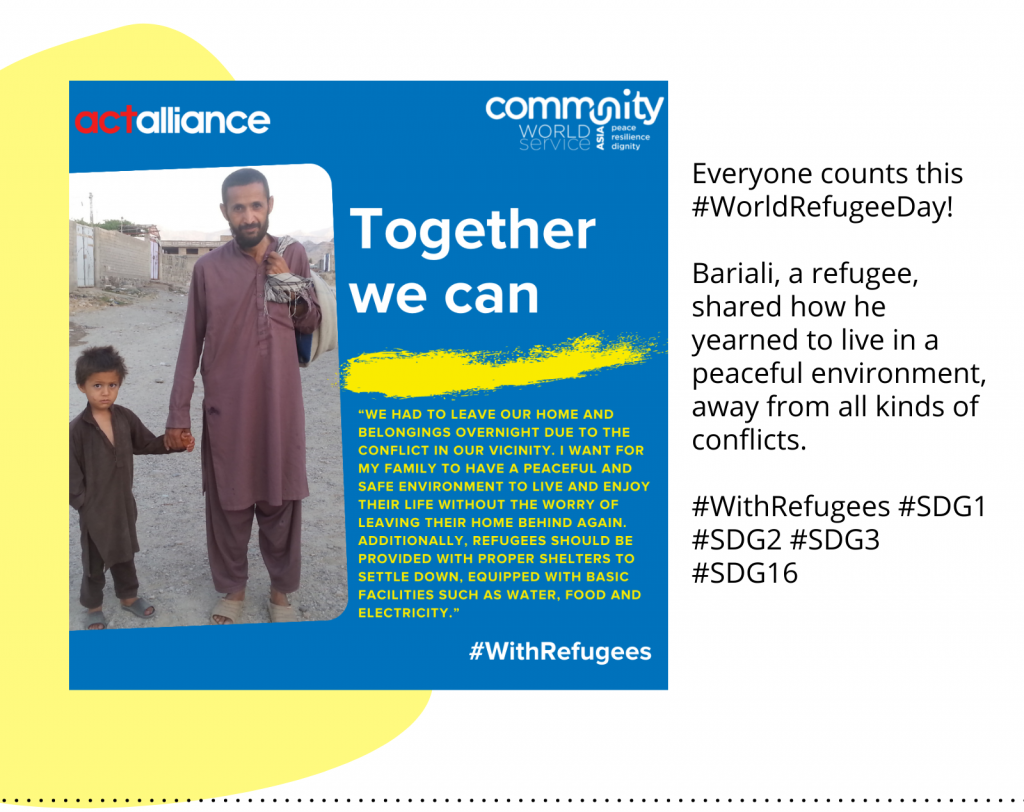
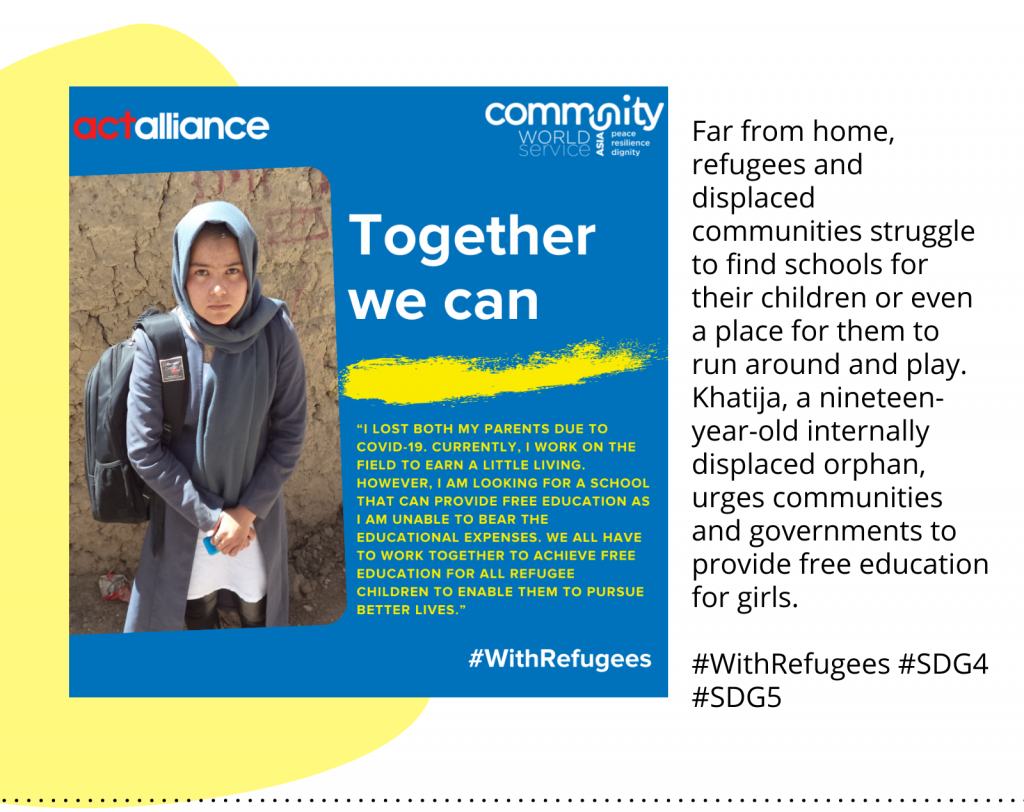
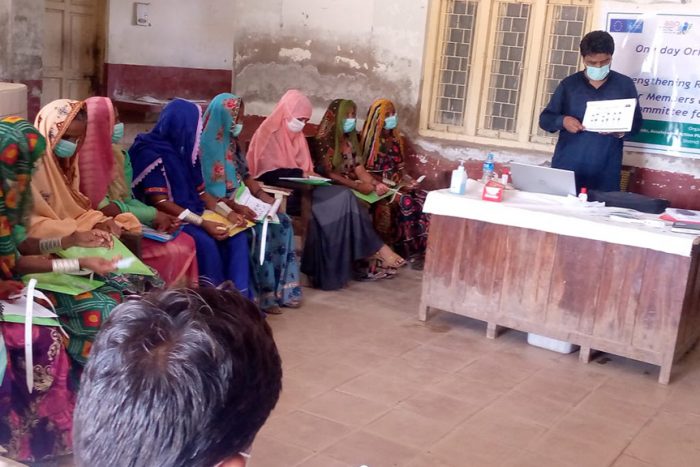
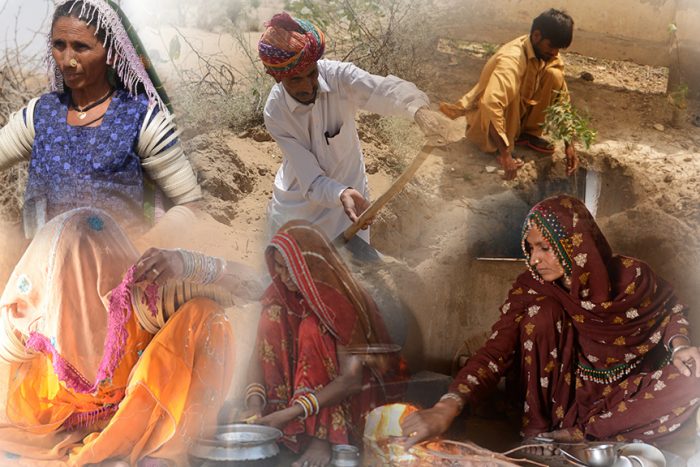
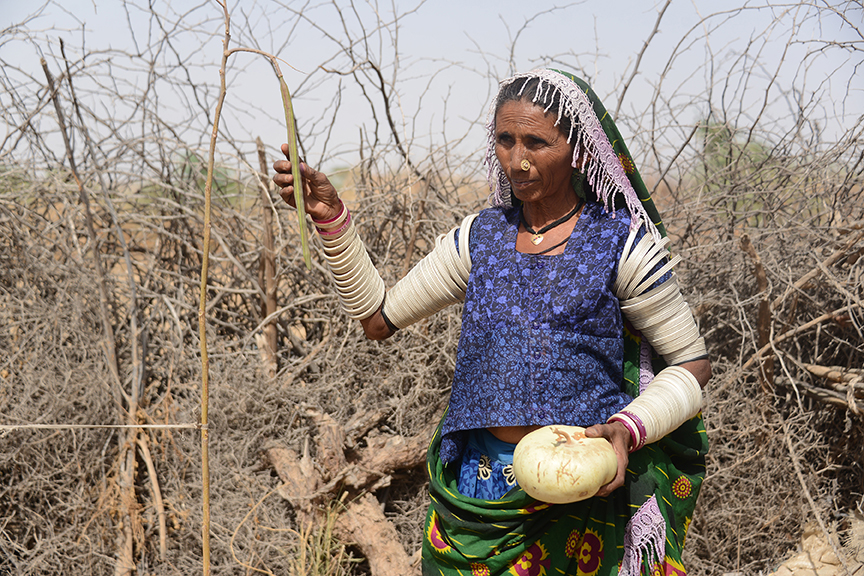
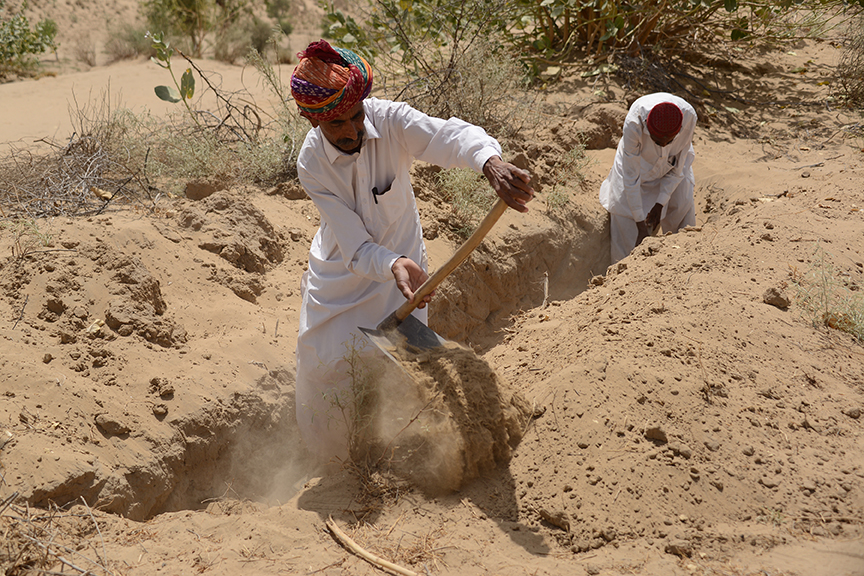 Most local communities in interior Sindh rely heavily on agriculture, but farmers in this region have struggled to cultivate bountiful harvests in the vicinity due to extreme water scarcity, harsh weather conditions and limited knowledge and resources on sustainable farming.
Most local communities in interior Sindh rely heavily on agriculture, but farmers in this region have struggled to cultivate bountiful harvests in the vicinity due to extreme water scarcity, harsh weather conditions and limited knowledge and resources on sustainable farming. Afforestation is key to sustaining the ecosystem and accelerating socio-economic development. Trees have remained a main contributor for sustaining resources including food, fiber, livelihood resources and water. Community World Service Asia has launched aeroculture
Afforestation is key to sustaining the ecosystem and accelerating socio-economic development. Trees have remained a main contributor for sustaining resources including food, fiber, livelihood resources and water. Community World Service Asia has launched aeroculture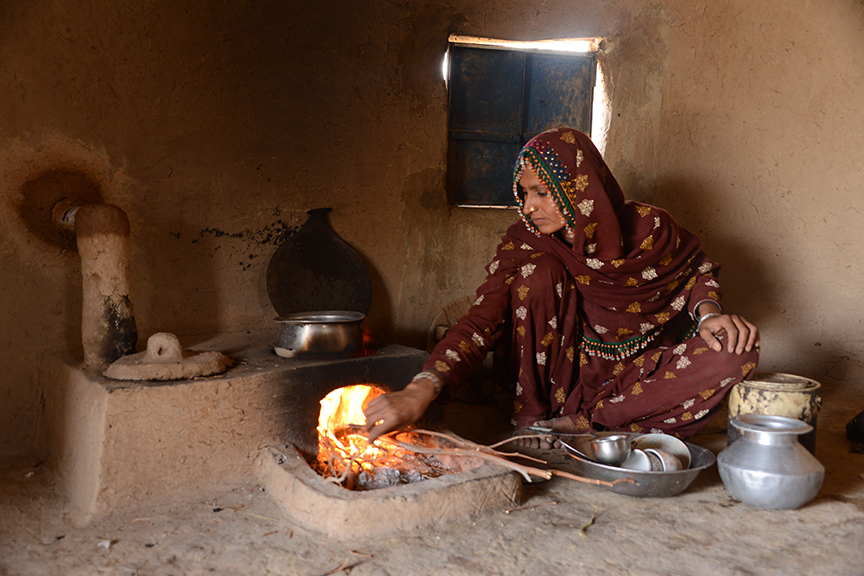 To reduce smoke emissions and decrease deforestation, CWSA, under its Climate Action and Risk Reduction portfolio, is training women on effectively using and adopting a new technology of fuel-efficient stoves in their homes. The fuel-efficient stove is an energy system that has a positive impact on the ecosystem while providing basic cooking needs. The stoves are made of mud and straw enabling caretakers in the house to cook on two burners simultaneously while being able to control the flame at a required temperature. As a result, it reduces smoke emission and fuelwood consumption. A total of forty-seven trainings have been conducted by women community mobilizers for almost a thousand rural women on the use of the stoves and raising awareness among them on its environment-friendly nature. A cleaner environment and reduction in kitchen expenses has been seen as a direct impact of these trainings. More than three thousand stoves have been effectively installed in 2002 households in 16 villages of Umerkot district of Sindh province since 2019.
To reduce smoke emissions and decrease deforestation, CWSA, under its Climate Action and Risk Reduction portfolio, is training women on effectively using and adopting a new technology of fuel-efficient stoves in their homes. The fuel-efficient stove is an energy system that has a positive impact on the ecosystem while providing basic cooking needs. The stoves are made of mud and straw enabling caretakers in the house to cook on two burners simultaneously while being able to control the flame at a required temperature. As a result, it reduces smoke emission and fuelwood consumption. A total of forty-seven trainings have been conducted by women community mobilizers for almost a thousand rural women on the use of the stoves and raising awareness among them on its environment-friendly nature. A cleaner environment and reduction in kitchen expenses has been seen as a direct impact of these trainings. More than three thousand stoves have been effectively installed in 2002 households in 16 villages of Umerkot district of Sindh province since 2019.